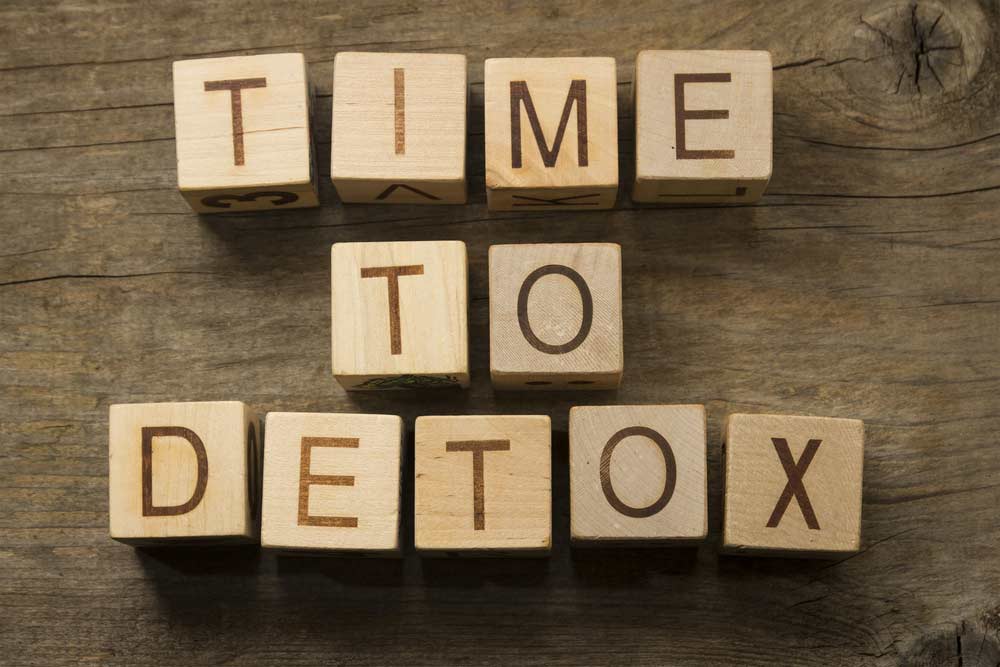Read the latest and greatest from our team
of incredible specialists.

Beach House Recovery Center » Blog » The 3 Biggest Questions About Alcohol Detox
Alcohol detox describes what happens when your body gradually tapers off of alcohol, after having become physically dependent on the drug. That may sound simple and straightforward enough, but in reality, it’s not.

Withdrawal from a substance causing chemical dependency is always risky, inviting potentially dangerous complications. Alcohol detox in particular presents some very real dangers. Case in point: a condition known as delirium tremens (DT), in which 15 percent of cases are fatal.
That’s why medically supervised alcohol detox in a licensed recovery center is always the most advisable approach to treating an alcohol dependency.
Even in this context, however, detoxing from alcohol is often new and scary uncharted territory for many individuals. They naturally have questions and concerns about what to expect. They also have fears—a normal reaction to a process often shrouded in mystery:
Such fears about alcohol detox abound. But as Winston Churchill once said, “Fear is a reaction. Courage is a decision.”
What Churchill did not say is that more information only equals more courage. Having answers to the three biggest questions about alcohol detox can alleviate many of these common fears by demystifying the treatment process so that individuals and families have more information, and, in turn, greater decision-making power—and greater courage.
Take a look at the three biggest questions about alcohol detox and their answers:
One particularly helpful analogy is that of a coiled spring you’ve been tightly pressing down on by chronic heavy drinking. Withdrawal from alcohol releases that coiled spring, so that the body then tries to compensate by frantically ramping up its production of hormones and neurochemicals. These flood the body with an intense, excitatory reaction producing various symptoms, and these symptoms, running the gamut from mild to severe, comprise what’s called “Alcohol Withdrawal Syndrome” (AWS). Minor symptoms can include insomnia, tremors, heart palpitations, nausea, sweating and an upset stomach. More severe symptoms can include vomiting, dehydration and hallucinations, as well as DT, which can include life-threatening head injuries, dehydration, heart attacks, seizures and strokes.
During supervised alcohol detox, a team of caring and highly experienced medical professionals manages AWS and its symptoms 24/7. They are there to regularly check vital signs and monitor hydration levels with intravenous fluids. They are also there to ensure that those in their care feel as comfortable as possible. To that end, they may administer various supplements or prescription medications to ease the symptoms of withdrawal—for example, a tranquilizing benzodiazepine like Xanax or Klonopin for anxiety, or the drug naltrexone for especially intense cravings.
That depends on the person. Symptoms of AWS begin on average within about eight hours after the last drink. Sometimes, though, these may begin as late as one to three days after the last drink.
Detox itself can thus take anywhere from five days to two weeks. Its duration—in terms of how long acute withdrawal symptoms persist and how long it takes for alcohol to clear the body—depends on a person’s size, gender, alcohol absorption and metabolism rates, and how long they have been drinking and how much.
A great source of concern for many individuals and families considering alcohol detox is how much it costs. There’s no exact answer in the way of a universal dollar sign. Thankfully, though, thanks to recent changes in healthcare law that now require insurance companies to cover treatment for mental illness—including substance use disorders like alcoholism—individuals and families considering detox now can enjoy much greater access to affordable treatment that won’t break the bank. In many cases, a private health insurance will cover much of the cost of detox, if not all of it. For those without health insurance, there are other options, like flexible self-payment plans and various financing options. What that means is that today the price of alcohol detox is less an obstacle than it ever has been. That’s just one more reason to choose courage over fear and get help.
Save
Whether you’re researching for yourself or a loved one, Beach House can help. We understand that this is a serious time in your life and that the treatment center you choose matters. We want you to feel comfortable and empowered to make the right decision for yourself, a friend, or a family member. This is why a counselor is waiting and available to answer your questions and help put your mind at ease regarding the next steps. Many of the staff at Beach House have walked in your shoes. If you feel you’re ready or want more information about how to help a loved one, we can help today. You can also learn why we are voted the #1 rehab for addiction treatment in Florida.
We accept most major insurance plans and can verify your benefits quickly and confidentially.
We’re committed to helping you access the care you need, our admissions counselors can guide you through your coverage options and available resources.





"*" indicates required fields